Dental emergencies can be frightening experiences, but it’s essential to stay calm and take appropriate actions to ensure the best possible outcome. Some common dental emergencies include severe tooth pain, a broken or knocked-out tooth, a lost filling or crown, and an abscess or infection.
If you experience a dental emergency, the first thing you should do is contact your dentist or dental practice as soon as possible. Most dental practices have an emergency line or answering service that you can call after hours or on weekends. Explain your situation clearly, and follow any instructions or advice provided by the dentist or their staff.
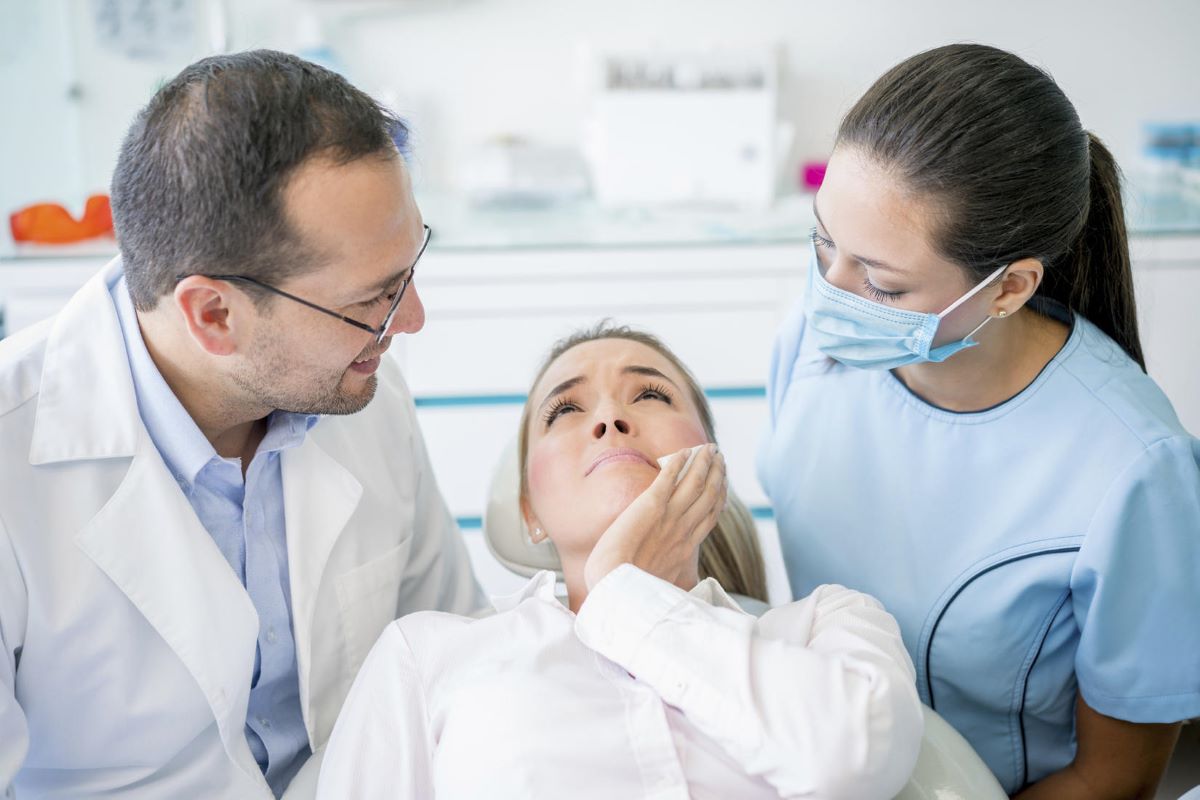
Dental emergencies refer to situations in which an individual requires immediate clinical care. Many conditions require emergency dental services to stop the problem from getting worse. Expert dentists in London Ontario indicate that if emergency dental care is not offered when required, it can lead to severe oral problems. In such cases, patients may need to undergo extensive and complex medical procedures.

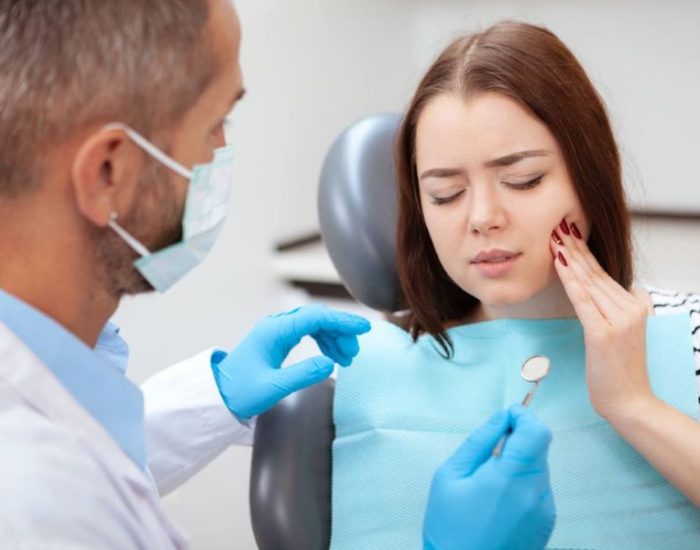
Often, people assume that toothache is a common problem and attribute it to issues with their ears or nasal tissues. However, if the pain is caused by these factors, painkillers will only offer temporary relief. Therefore, it is essential to immediately schedule an appointment with a dentist to determine the actual cause of the oral problem.
If your tooth is fractured due to injury or any other cause, it’s important to know that an emergency dentist is the best person to fix it. You should book an immediate appointment with a dental care professional and bring the broken pieces of your tooth along with you. The dentist may be able to reattach the broken pieces of your tooth, which can increase the chances of saving your natural teeth and avoid the need for medical procedures or artificial teeth.
Metal braces are an excellent option for straightening teeth. They can withstand daily activities such as chewing and biting. However, they are made of metal wires that can break and cause injury to the lips, tongue, or cheeks. Broken braces not only harm your oral health but also limit the functionality of your teeth.
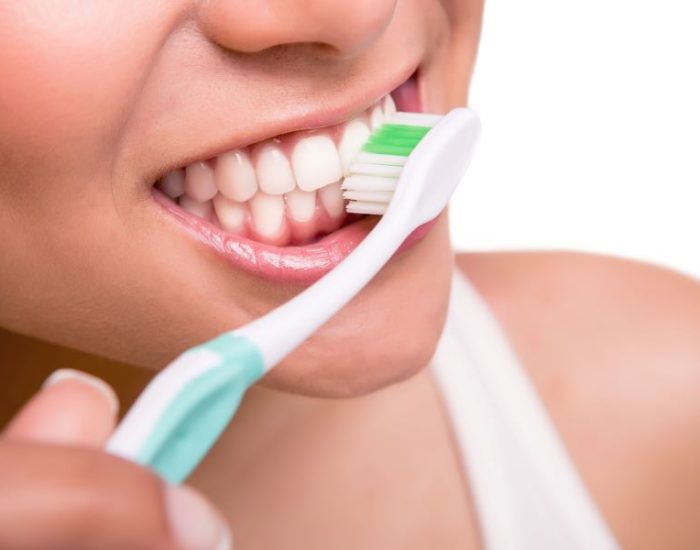
Our natural teeth are robust and can be easily maintained by regularly brushing and flossing them, and by visiting the dentist for routine check-ups and deep cleanings. Dentists also recommend that patients limit their consumption of sugary foods and avoid chewing on hard objects to prevent dental injuries. Sugary or starchy foods can cause plaque buildup on teeth, which can lead to root damage.
A toothache is considered to be the most common type of dental emergency. It can be caused due to various reasons like the presence of cavities in our teeth, oral injuries, pre-existing dental conditions or even teeth grinding. If you are suffering from a severe toothache, rinse your mouth with warm water and seek professional dental help to determine the actual cause of the dental issue.
The most common services provided by an emergency dentist generally include root canal treatments and tooth extraction. These treatments are usually carried out with local anaesthesia and the extent of anaesthetics is determined by the severity of oral issues.
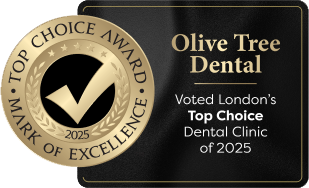
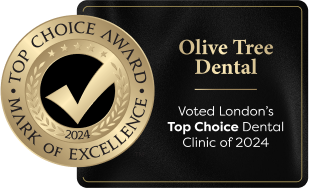
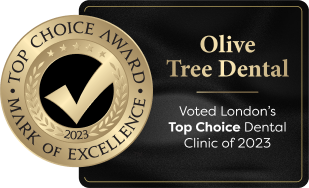
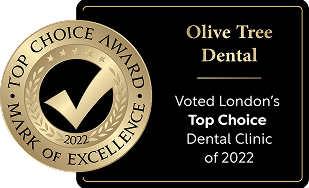
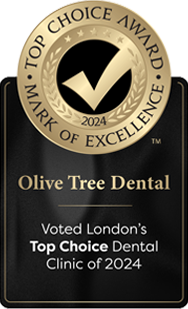
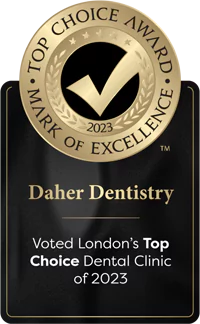
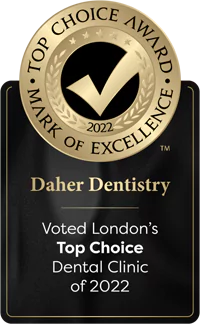

© Copyright 2025 | Olive Tree | Privacy Policy | All Rights Reserved